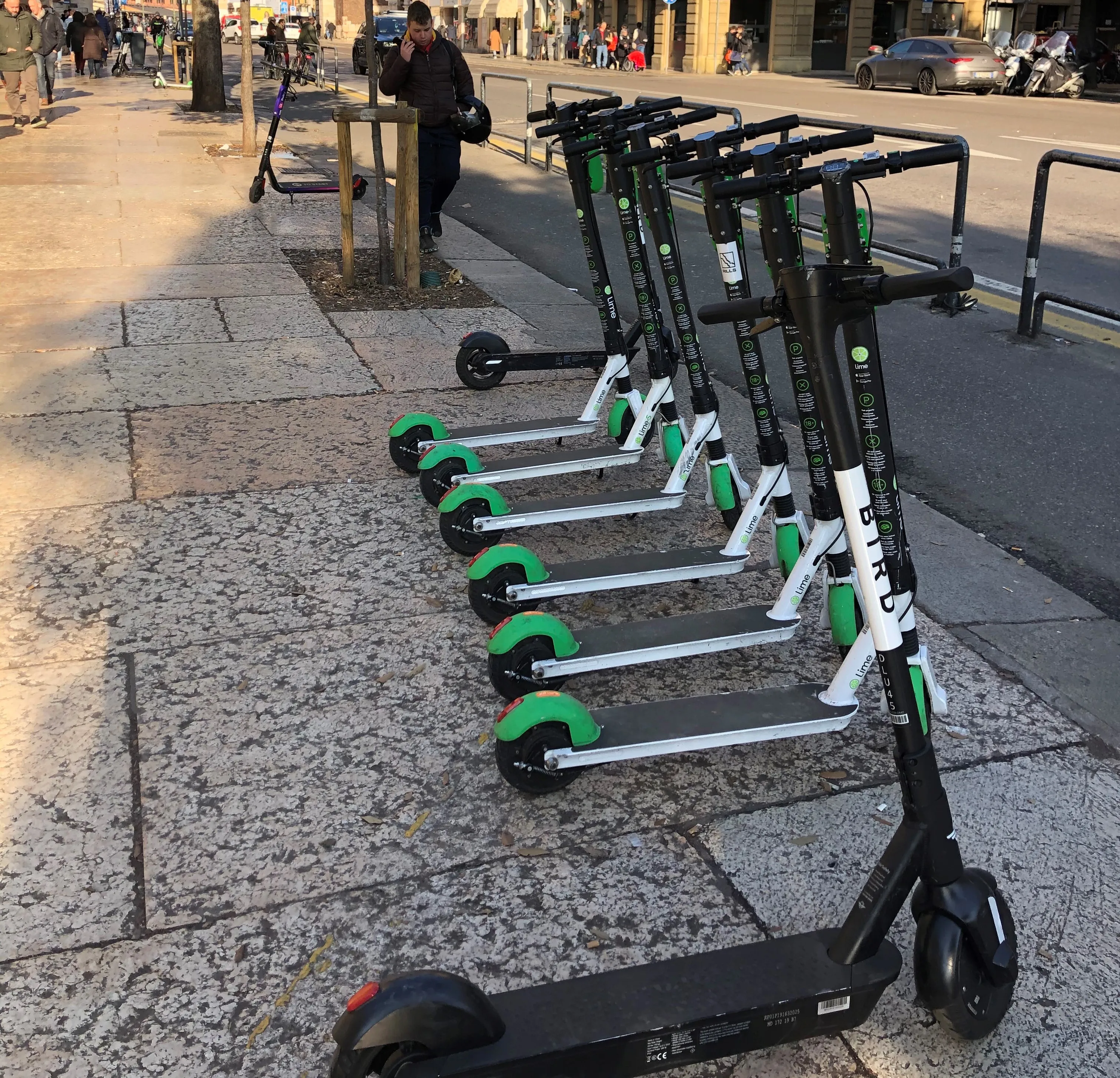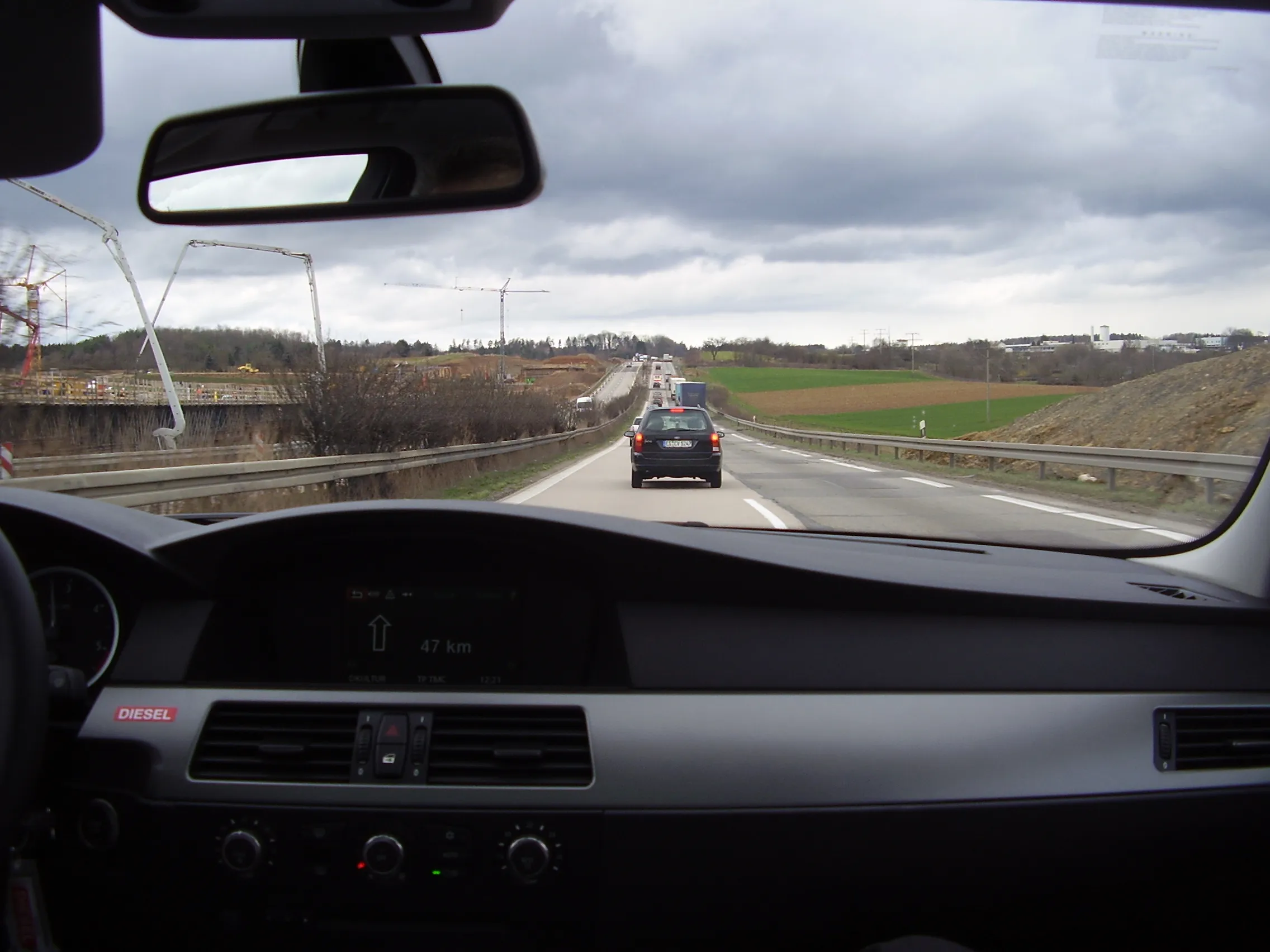
The rise and rise of the e-scooter is an important development for mobility in the urban environment. These are now becoming increasingly popular in many cities around the world. Comparatively cheap to buy and even cheaper to run, they offer quick and easy transport over short distances in cities. Numerous firms now offer scooter sharing options, which users able to rent these using a smartphone.
While legal to use in some cities they are not in others, although this has not stopped their proliferation. In the UK for example, e-scooters are not yet legal to use other than on private land. However they are readily available to buy.
The UK authorities are now examining the safety aspects and consulting industry experts to determine whether or not these should be made legal to use. This follows on from a number of fatal crashes involving the use of e-scooters in Europe, as well as in the UK.
The safety implications to be examined will include whether e-scooters should be classed as vehicles, whether or not they will require lighting, if age limits should be implemented for their use and whether riders should require helmets. Of note for safety is that the small wheels of e-scooters are particularly vulnerable to potholes. As a result, speed restrictors will almost certainly be required to minimise the risk of crashes.







